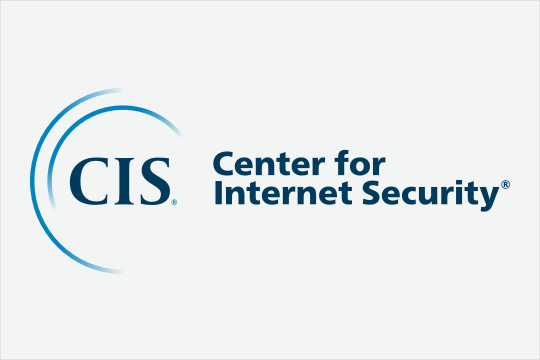Advisories
The latest information on known vulnerabilities in popular software and systems
1 - 10 of 209 results
Issued on 04.17.2024
2024-042: Oracle Quarterly Critical Patches Issued April 16, 2024Multiple vulnerabilities have been discovered in Oracle products, the most severe of which could allow for remote code execution.
Issued on 04.17.2024
2024-040: Multiple Vulnerabilities in Google Chrome Could Allow for Remote Code ExecutionMultiple vulnerabilities have been discovered in Google Chrome, which could allow for remote code execution. Successful exploitation of these vul...
Issued on 04.17.2024
2024-041: Multiple Vulnerabilities in Ivanti Avalanche Could Allow for Remote Code ExecutionMultiple vulnerabilities have been discovered in Ivanti Avalanche, the most severe of which could allow for remote code execution. Ivanti Avalanc...
Issued on 04.16.2024
2024-039: Multiple Vulnerabilities in Mozilla Products Could Allow for Arbitrary Code ExecutionMultiple vulnerabilities have been discovered in Mozilla products, the most severe of which could allow for arbitrary code execution.
Mozilla ...
Issued on 04.12.2024
2024-038: A Vulnerability in PAN-OS Could Allow for Arbitrary Code ExecutionA vulnerability has been discovered in PAN-OS that could allow for arbitrary code execution. PAN-OS is the software that runs all Palo Alto Netwo...
Issued on 04.10.2024
2024-037: Multiple Vulnerabilities in Google Chrome Could Allow for Arbitrary Code ExecutionMultiple vulnerabilities have been discovered in Google Chrome, which could allow for arbitrary code execution. Successful exploitation of these ...
Issued on 04.09.2024
2024-035: Critical Patches Issued for Microsoft Products, April 09, 2024Multiple vulnerabilities have been discovered in Microsoft products, the most severe of which could allow for remote code execution in the contex...
Issued on 04.09.2024
2024-036: Multiple Vulnerabilities in Adobe Products Could Allow for Arbitrary Code ExecutionMultiple vulnerabilities have been discovered in Adobe products, the most severe of which could allow for arbitrary code execution.
Adobe After ...
Issued on 04.05.2024
2024-034: A Vulnerability in Broadcom Brocade Fabric OS Could Allow for Arbitrary Code ExecutionA vulnerability has been discovered in Broadcom Brocade Fabric OS that could allow for arbitrary code execution. Broadcom Brocade Fabric OS is th...
Issued on 03.29.2024
2024-033: A Vulnerability in XZ Utils Could Allow for Remote Code ExecutionA vulnerability has been discovered in XZ Utils that could allow for remote code execution. XZ is a general-purpose data compression format prese...
Explore Related Cybersecurity Solutions
Filter by topic to learn more about related cybersecurity solutions or explore all cybersecurity solutions on the button below.

Safeguard IT systems against cyber threats with more than 100 configuration guidelines across more than 25 vendor product families.
Learn MoreProtect your organization from cyber-attacks with globally recognized CIS Controls, companion guides, and mappings.
Learn MoreCIS CyberMarket
Learn MoreCIS Hardened Images
Learn MoreCIS SecureSuite
Learn MoreCIS Services
Learn MoreAccess resources for threat prevention, protection, response, and recovery for U.S. State, Local, Tribal, and Territorial (SLTT) government entities.
Learn MoreAccess resources for threat prevention, protection, response, and recovery for U.S. State, Local, Tribal, and Territorial (SLTT) government entities.
Learn More